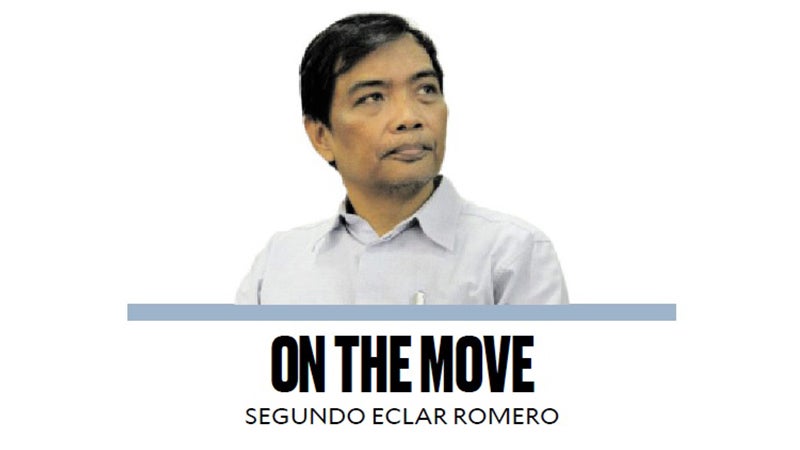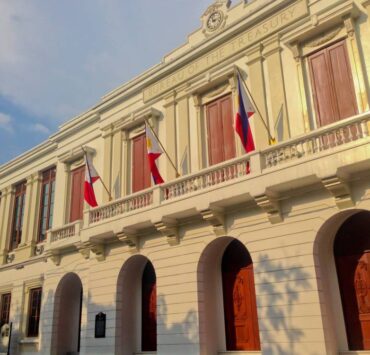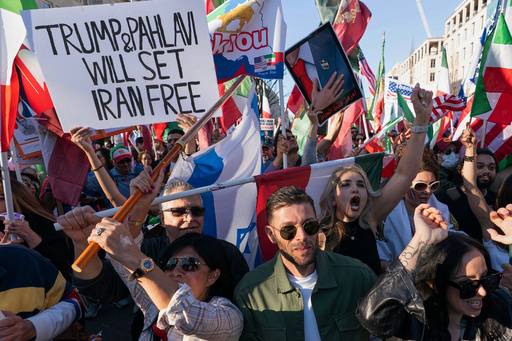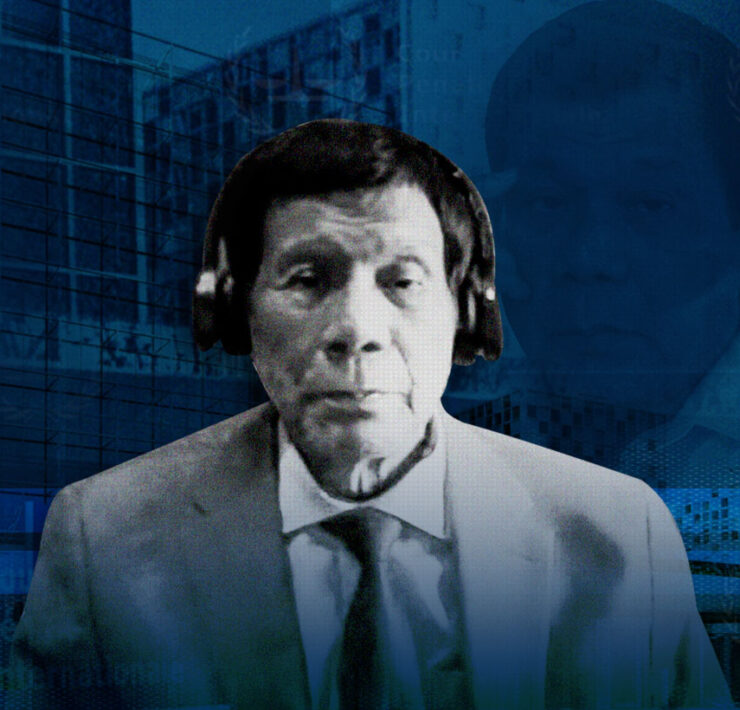A moment for public accountability

A striking signal is emerging from the turbulence of Philippine politics—one that could reshape democratic norms and redefine political agency. The apparent dilatory tactics of Senate President Francis “Chiz” Escudero in convening the Senate as an impeachment court to try the charges against Vice President Sara Duterte have catalyzed not only legal controversy but a deeper civic awakening.
What once seemed a technical matter of Senate procedure has become a flashpoint for urgent questions about accountability, legitimacy, and the moral authority of public office.
For many Filipinos, this moment echoes an earlier episode in our democratic journey. Not since the anomalous behavior of former president Joseph Estrada—whose actions shocked public expectations of propriety—has there been such widespread concern over a sitting official. The Vice President’s use of confidential funds, her public defiance of scrutiny, and her evasion of difficult questions have triggered a backlash not rooted in partisanship, but in principle. The impeachment complaint is not political theater. It is a necessary recoil from behavior that has crossed the boundaries of public decency, transparency, and moral responsibility.
This is precisely why Escudero’s refusal to act with urgency on the impeachment articles—transmitted as early as February—is drawing alarm. The Senate was expected to read the charges on June 2. That schedule was quietly moved to June 11. Given the required calendar days for both the Vice President and House prosecutors to respond, this maneuver likely pushes the trial beyond the life of the 19th Congress and into the hands of the next Senate, which should, but may decide not to convene as an impeachment court.
This is not a benign delay. It is a procedural gambit that undermines the Constitution’s clear mandate: the Senate must forthwith proceed with the trial upon receipt of the articles. The impeachment process takes precedence over all legislative matters once the Senate is convened as a court. By refusing to initiate that process, Escudero has weaponized delay. He has made the Senate complicit in inaction.
And yet, paradoxically, the delay has awakened rather than discouraged the public. Civic and legal leaders—long reluctant to weigh in on partisan matters—are speaking out. Former Supreme Court justice Adolfo Azcuna, constitutional framer Christian Monsod, and the University of the Philippines College of Law faculty have made their voices heard. They do not attack the Vice President as a person. They defend the constitutional process itself.
This unusual alignment suggests a broader shift. The public, especially the youth and middle sectors, are starting to separate personality-driven politics from institutional reform. This is not about the Marcos-Duterte rivalry. It is about democratic guardrails. Citizens are using constitutional language—not political slogans—as the new terrain for demanding accountability.
The 2025 midterm elections helped crystallize this mood. Though former Commission on Audit commissioner Heidi Mendoza lost her bid for the Senate, her campaign stood in sharp moral contrast to those of showbiz figures and political enablers. Mendoza may have lost a seat, but she gained something else: legitimacy as a moral compass. She is now a rallying figure for reformists and good governance advocates.
In future thinking, we call this a “catalytic moment”—a public event that changes expectations and reshapes what comes next. The combination of Senate inaction, unresolved questions about confidential funds, and growing public frustration is creating a civic groundswell. Filipinos are more informed, more involved, and more demanding than they have been in years.
Escudero may have misread the public. His delay may serve short-term interests, but it also feeds a powerful narrative: that the Senate is shirking its responsibility. If this perception continues to grow, it will not only damage Escudero’s legacy—it may haunt those in the Senate majority who remained silent in the face of this defiance.
Impeachment is not a popularity contest. It is a constitutional mechanism for public reckoning. Past impeachment trials—from Estrada to Corona—were not just legal events. They were moments of democratic recalibration, where institutions were tested and civic virtue made visible.
We are again at such a moment. The people are ready. They are watching. And they will remember who stood for the rule of law—and who hid behind procedure.




















